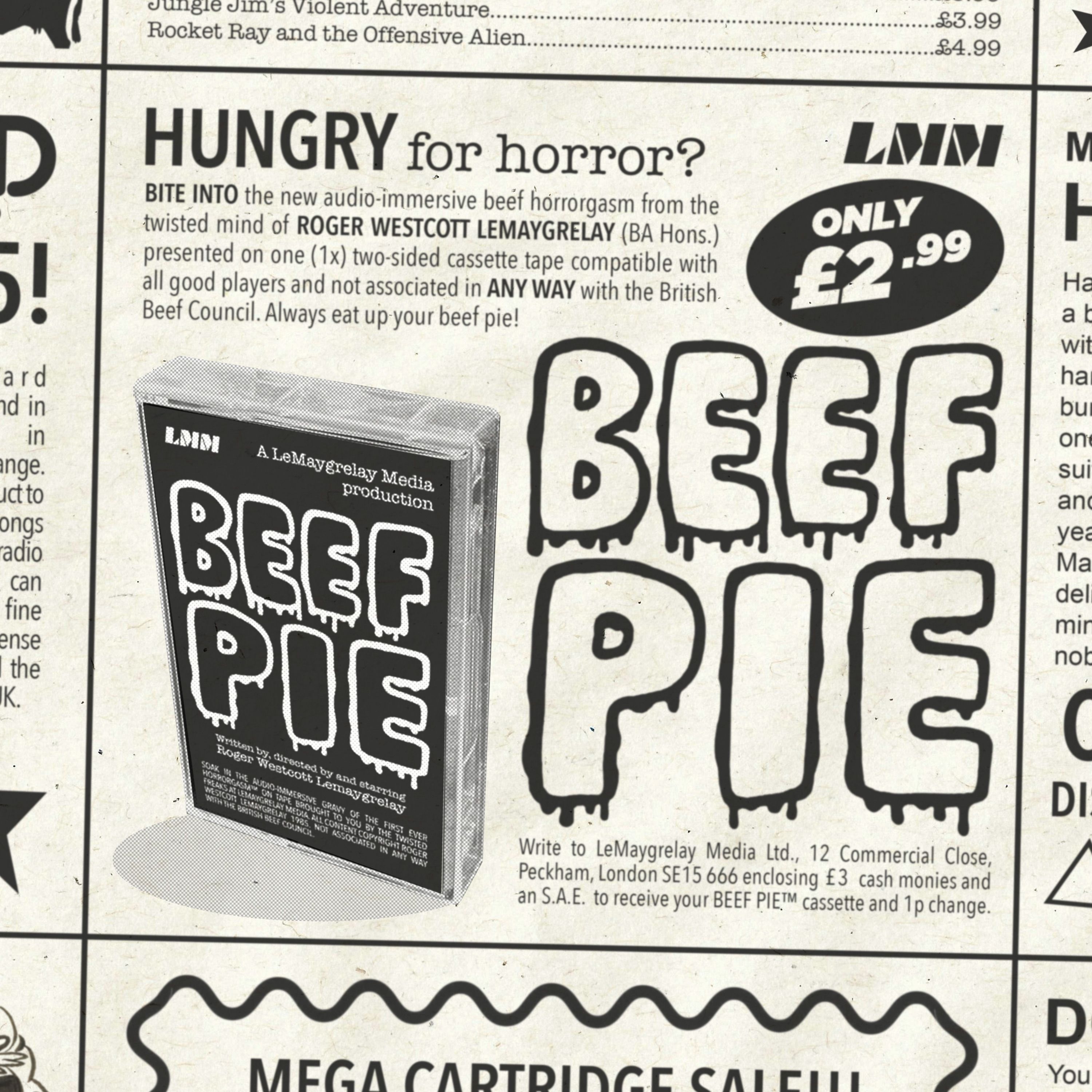Episode 81 - Hidden Beef: The Historic Cryptocurrency of the Future
Mike Shephard and Tom Crowley join in this week as we find about the origins of our financial system.
Press play and read along
Transcript
Transcript is processing—check back soon.
Beef And Dairy Network — Episode 81 - Hidden Beef: The Historic Cryptocurrency of the Future
